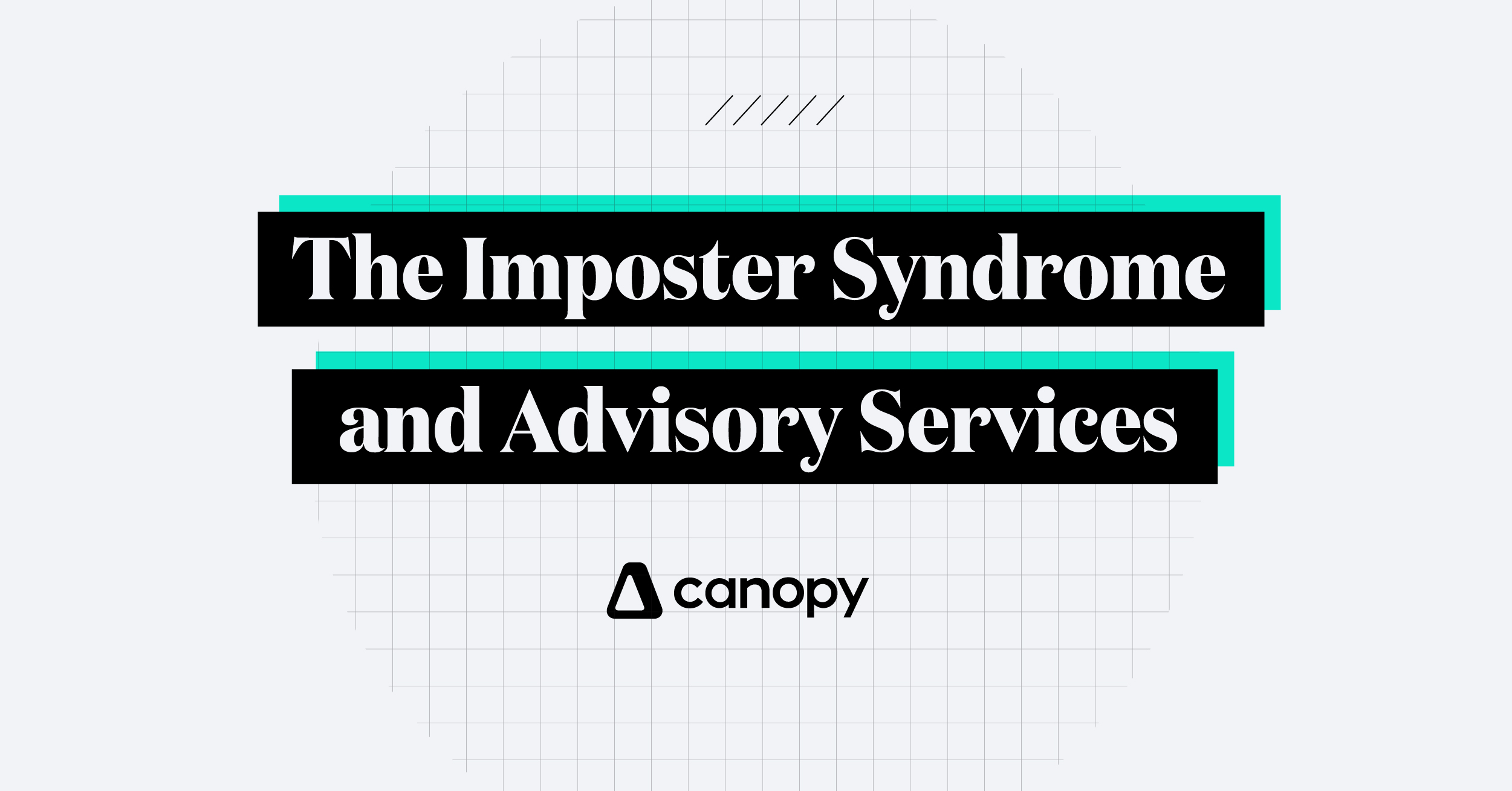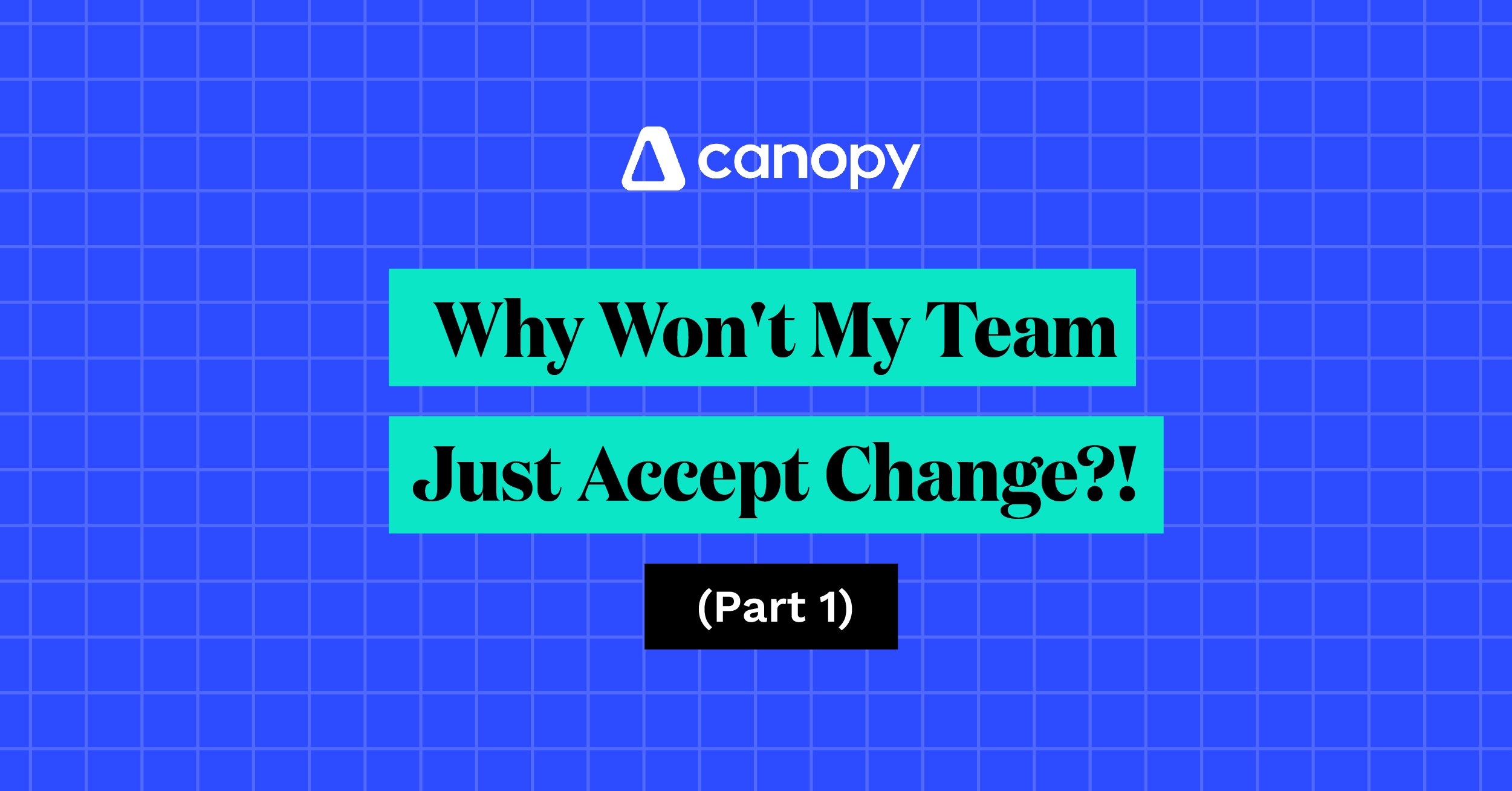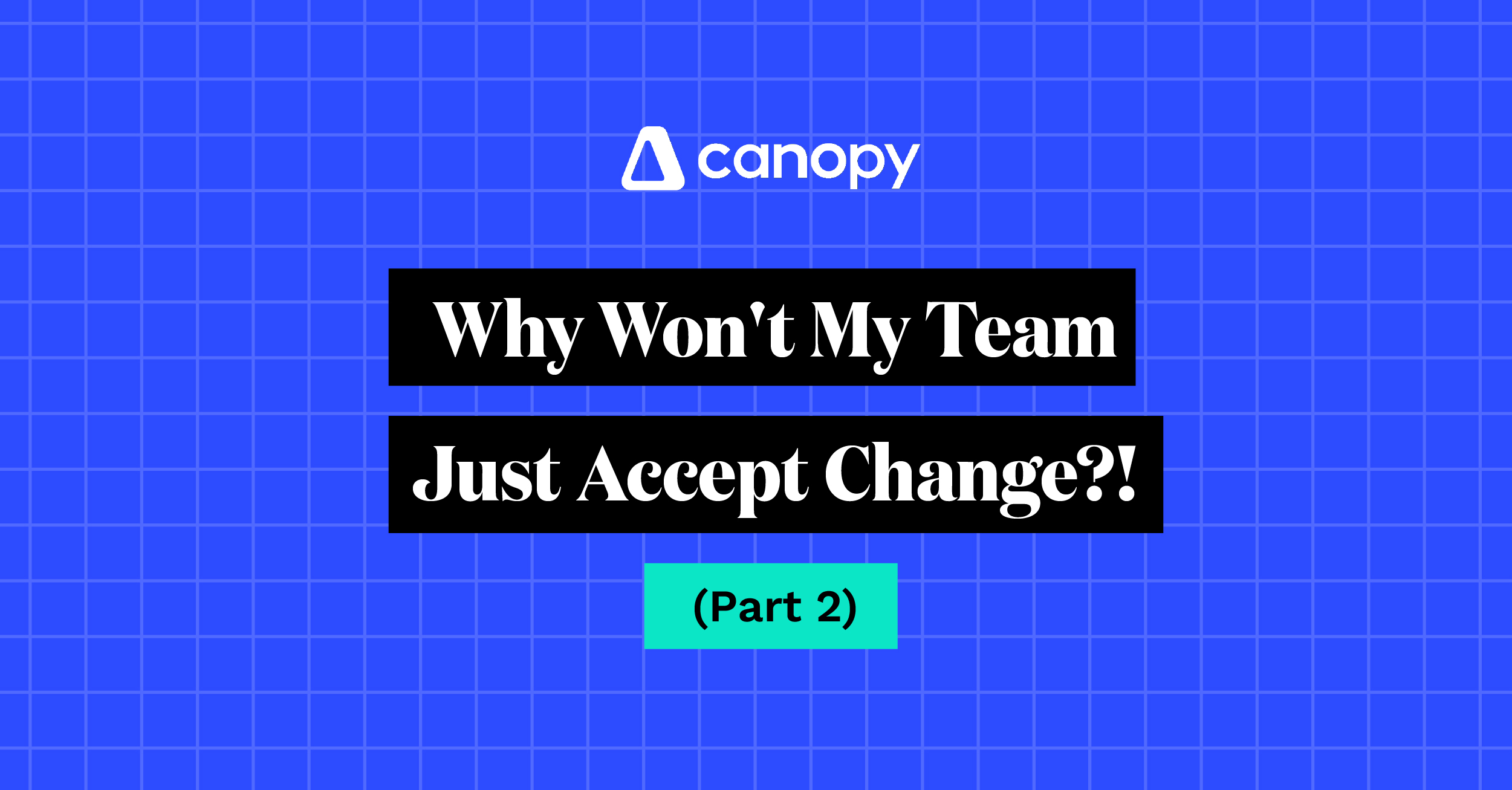How can I provide Advisory Services if I don't even know what they are? What if I give the wrong advice? What if my client finds out I don't know everything? What if they talk to my other clients about my mistakes? What if everyone realizes I don't know what I'm doing? What if the IRS finds out and comes after me? What if I get arrested and put into jail for advice I didn't even know what was wrong? What if aliens invade and destroy the planet because I didn't know that short term rentals are depreciated over 39 years and not 27.5? AAAHHHHHHHHH!!!!!!
You're spiraling! Breathe! Breathe!
Have you ever done this? OK… maybe not the alien invasion part, but have you ever spiraled out of control because you overthink and worry about all the ways things could go wrong and how you will be exposed in the process?
Did you know that this makes you a normal accountant?
Before I move on, the fact that you are doubting yourself needs to come with some congratulations. CONGRATULATIONS! You are educated!! The simple fact that you are questioning yourself is a sign that you are educated and actually DO know your stuff.
Let me explain.
Have you ever heard of the Dunning-Kruger effect?
The Dunning-Kruger effect has proven that the less someone knows about a topic, the MORE confident they are in their opinions about that topic. By contrast, the more someone knows about a subject, the more they realize there is more to know, and their confidence decreases proportionally. Crazy right? The more you learn, the LESS you feel like you know, and the less confidence you have?!
Welcome to the Imposter Syndrome, and it's holding you back from greater things for you, your firm, your clients, and your family.
While there have been a lot of studies done on the Imposter Syndrome, I have discovered one common theme at the root of the problem for our profession:
We work within a system where it is impossible to ever know it all,
but we think that we are supposed to know it all.
Can anyone memorize the tax code? Does anyone know everything about GAAP accounting? Can anyone know every audit procedure for every industry? Can you accurately predict tax laws 50 years from now so you can set the perfect strategy today?
If you didn't already know, the answer to these questions is: "No."
However, for some reason, we act like we are supposed to know it all. Oh my gosh!! If we don't know it all, we certainly can't put ourselves in a position to give advice, can we? Can we?
You can.
How you do it is simple — you only advise on what you know. When you don't know something, you research it until you do know it or tell the other person you don't know.
BOOM!
For some reason, we accountants think we should be the foremost authority on something before we open our mouths. However, the truth is that we just need to know more than the person we are helping. You don't have to be in the top 1% of experts worldwide to share your knowledge.
Let me give you an example.
I don't look like Chris Hemsworth (much to my wife's dismay), nor am I a licensed and certified personal trainer to professional athletes. However, does that mean I cannot teach my sons how to work out in a gym safely and properly? I have been working out for decades and have made a LOT of mistakes (read that as "I have injured myself") because I didn't have anyone's guidance. Do I need certifications and licenses to help my boys avoid my mistakes and injuries? No, I don't. If my boys move beyond my limited knowledge, I will happily hand them off to someone more experienced for their own good.
Giving advice in the world of accounting isn't that different.
If you know how to set up a chart of accounts for a small business and your client doesn't, can you help them? Wait, you don't know everything about GAAP-based accounting for multi-billion dollar retail conglomerates!! Oh, that's right, this person is selling on Etsy, Amazon, and at the county fair. You don't NEED to know all that. You CAN help them, though.
If you know that you can write off a cell phone, properly track business mileage, see when a 401k is better for a client than a SEP-IRA, and know when cost segregation applies, can you share that tax planning advice with your business clients? Wait, you don't know everything about C Corporation rules and ROBS plan compliance and valuations! Oh, that's right, this person doesn't need that advice. You can save them money on their taxes with what you do know. I bet you can even help them avoid IRS and state-related compliance and financial "injuries," similar to how I help my boys with physical injuries in the gym.
I could go on with thousands of examples. You all know things about accountable plans, proper bookkeeping, audit procedures, entity structures, and a whole variety of valuable subjects that can help others succeed. Not everyone will be your client, and even some may outgrow you. That's fine. Work with those that you can help, and as you keep expanding your knowledge, the number of people you can help increases proportionally.
If you hear your little inner voice telling you you cannot do something, that you'll be exposed as a fraud, that you don't know enough, that you aren't good enough, or anything similar, I encourage you to stop and assess what you DO know and focus on that. It's perfectly fine to identify the need to educate yourself further; that's what educated people do. It's perfectly fine to refer to other professionals. In the end, you are giving advice and support that others need.
You aren't an imposter. You are an educated professional.
One last piece of advice — when you DO decide that you are going to provide advice to your clients, do not underestimate the value of that advice. What may be easy for you because you have years and years of training and experience isn't easy for your client. Do NOT undervalue your services. Charge what it's worth to THEM.
Go out there and be awesome!

Sean M Duncan, CPA, is the President and Founder of SMD Consulting & Accounting, LLC, Chief Proactive Advisors, LLC, and Helping Hand RIA, LLC. SMD Consulting & Accounting, LLC has gained national recognition as an advisory-focused CPA firm specializing in fixed-fee project and subscription services to help business owners and individuals with tax reduction, asset protection, wealth accumulation, and success on their terms. As the "Chief Proactive Advisor," Sean leverages his experiences from creating an advisory firm and helps fellow professionals transition from a reactive to a proactive approach. His methodology accelerates the building of more lucrative and fulfilling advisory practices. His 6-step transformative framework was developed over his 25+ years in the profession.
READ MORE BY Sean






Get Our Latest Updates and News by Subscribing.
Join our email list for offers, and industry leading articles and content.